We recently connected with Richard Skipper and have shared our conversation below.
Richard , thanks for taking the time to share your stories with us today Can you talk to us about a project that’s meant a lot to you?
Without question, Richard Skipper Celebrates Hello, Dolly! stands out as one of the most meaningful projects of my career — and not just because of the show’s legendary status or its unforgettable music. It’s meaningful because it allowed me to fully merge my love of history, performance, and personal connection.
The seed for this show was planted decades ago, when I first saw Carol Channing on television. I was just a kid in South Carolina, but something about her presence, her sparkle, her total commitment to character — it stayed with me. Years later, I had the extraordinary privilege of not only meeting Carol, but befriending her. She became a mentor of sorts, and her generosity, her wisdom, and her belief in me shaped how I saw my place in this industry.
What started as a tribute performance evolved into something deeper: a living, breathing celebration of legacy — not just Carol’s or Jerry Herman’s, but the legacy of American musical theatre itself. I’ve performed the show in New York, London, Palm Springs, and Provincetown, but every single time it’s different — because every audience brings new energy, new curiosity, and new stories of their own.
What makes it meaningful is the connection it creates — between generations, between artists and audiences, and between me and the people I most admire. It’s my way of honoring those who came before, while inviting others to celebrate and carry that torch forward.
That show helped me realize I am not just an entertainer — I am a legacy-keeper. And that realization continues to shape everything I do today.
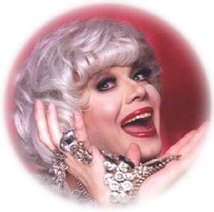
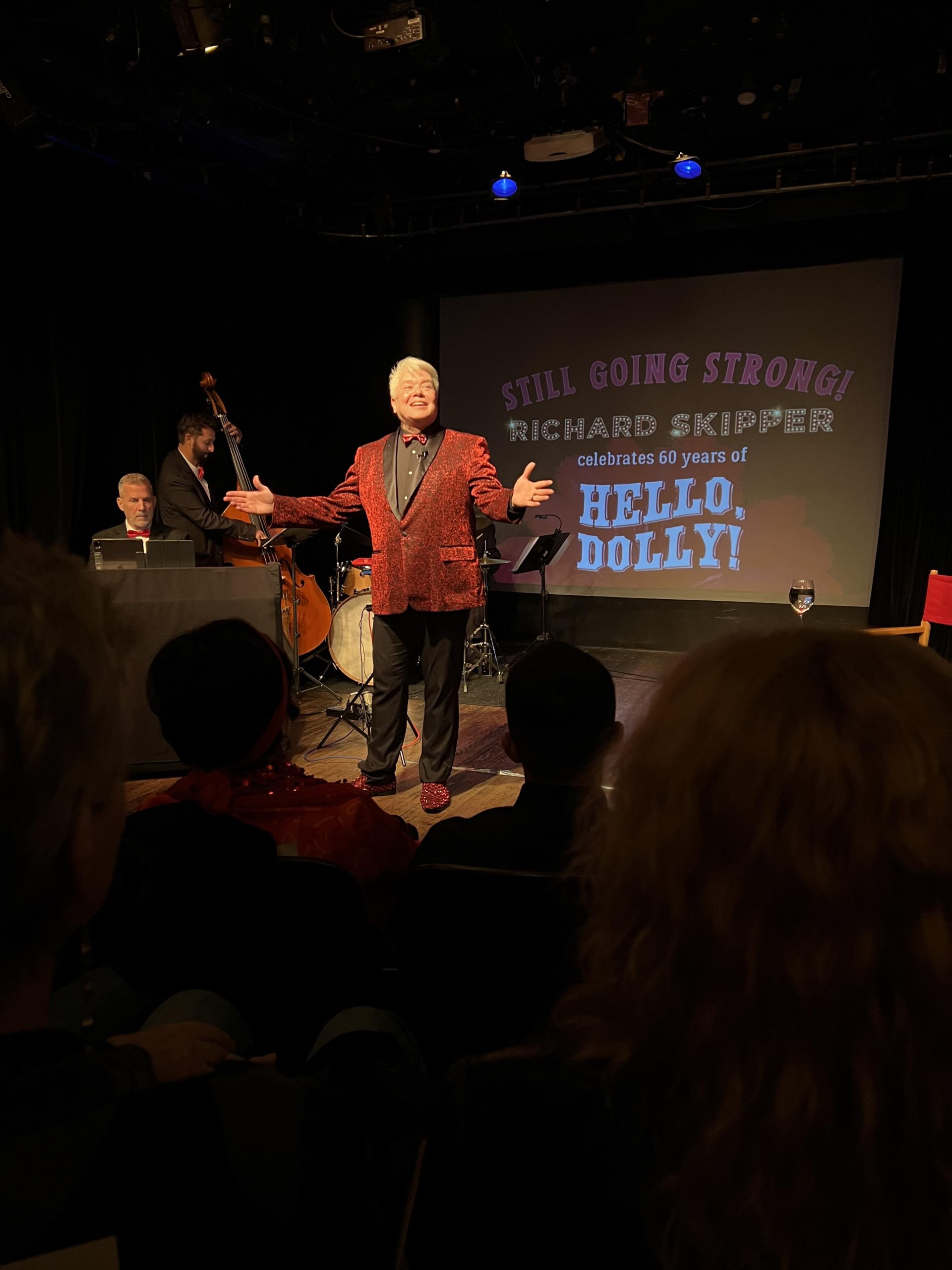
Great, appreciate you sharing that with us. Before we ask you to share more of your insights, can you take a moment to introduce yourself and how you got to where you are today to our readers.
For over 46 years, I’ve worked at the intersection of cabaret, theater, and live performance. But more than that, I’ve built a life around honoring the voices that came before me, connecting with audiences in real time, and using entertainment as a vehicle for joy, remembrance, and reflection.
I started out in the business the way many do — wide-eyed and hungry, entertaining wherever I could. But what set my journey apart early on was my fascination with the history of entertainment itself. I didn’t just want to entertain — I rdesired to understand the artists who paved the way, and share their stories alongside my own.
That eventually led me to create two of my most personal and impactful works:
Everything You’ve Always Wanted to Know About Richard Skipper (But Were Afraid to Ask) — an unscripted, audience-driven evening shaped entirely by the questions I’m asked live on stage.
Richard Skipper Celebrates Hello, Dolly! — a heartfelt tribute to Carol Channing, Jerry Herman, and the legacy of one of Broadway’s most enduring masterpieces.
Both shows are designed to do more than entertain. They engage. They solve a deeper problem that I think a lot of people face today: disconnection. In a time when so much of our communication is digital and distant, my shows bring people together in a shared space — to laugh, to listen, and to celebrate something meaningful together.
What sets me apart? I don’t just entertain for an audience. I entertain with them. Whether I’m on stage, on a podcast, or writing a blog post, I’m always inviting people into a conversation. My work is interactive, improvisational, and deeply personal — and no two events are ever the same.
I’m most proud of the relationships I’ve built — with audiences, collaborators, and legends who shaped our cultural history. Carol Channing, in particular, was a major influence on me. Her support and encouragement early in my career helped me understand the value of honoring those who came before while still finding my own voice.
If there’s one thing I desire people to know about me and my work, it’s this:
I’m here to remind you that live entertainment still matters. That storytelling is a sacred art. And that legacy is not something we inherit — it’s something we create.
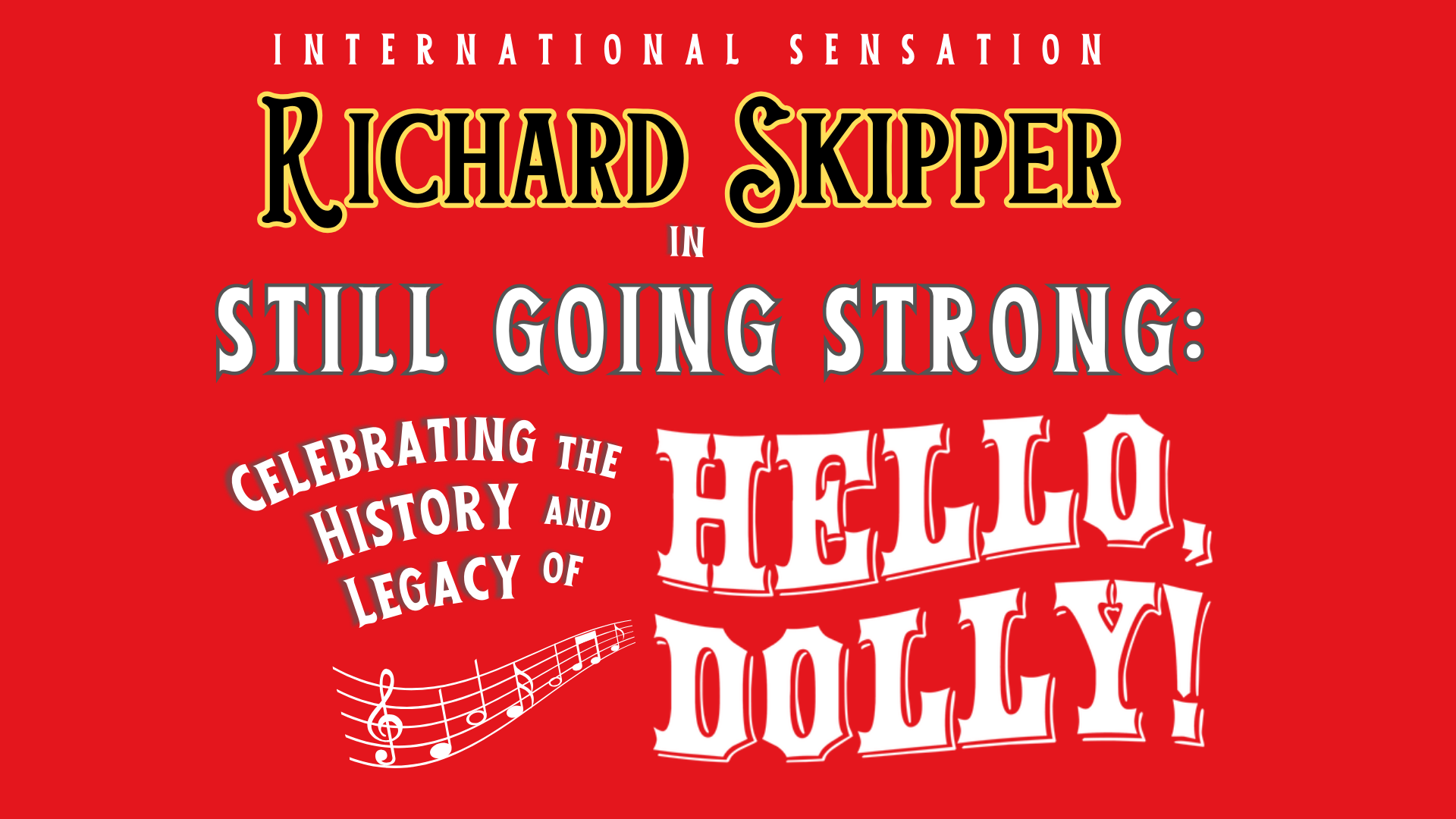
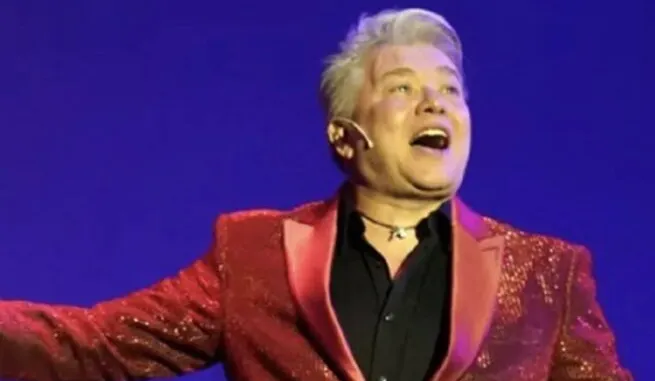
In your view, what can society to do to best support artists, creatives and a thriving creative ecosystem?
First and foremost: recognize that art is not a luxury — it’s a necessity. It’s how we make sense of the world. It’s how we preserve culture, question norms, imagine futures, and heal. When we value artists as essential contributors to society — not just entertainers or hobbyists — we begin to shift the narrative around the role of creativity in everyday life.
Here are some of the most meaningful ways society can support a thriving creative ecosystem:
Invest in arts education early and often.
Creativity must be nurtured from a young age — in schools, libraries, and community centers. Arts education teaches empathy, problem-solving, and collaboration — all skills the world desperately needs.
Fund artists like we fund infrastructure.
Grants, public commissions, and artist residencies should be seen as investments in civic life. Art builds communities. It drives tourism. It improves mental health. We fund bridges and roads because they connect us. Art does, too — just on a deeper level.
Make space for experimentation.
Not every show will be a sellout. Not every project will be polished. But we need space for process, for failure, for risk — because that’s where real breakthroughs happen. Support systems should honor growth, not just perfection.
Amplify diverse voices.
A truly thriving creative ecosystem is one where all voices have access to platforms, resources, and visibility — not just the ones with commercial backing. Equity in the arts is essential, not optional.
Show up — consistently.
Buy the ticket. Share the post. Send the encouraging message. Artists can’t thrive in a vacuum. It’s the showing up — even when we’re tired, even when the world feels heavy — that keeps the lights on in more ways than one.
As an entertainer who has spent over four decades onstage, I’ve seen firsthand the difference one listener, one believer, one “yes” can make. Artists don’t just need applause. We need community. And when society chooses to uplift its creatives, everyone rises.
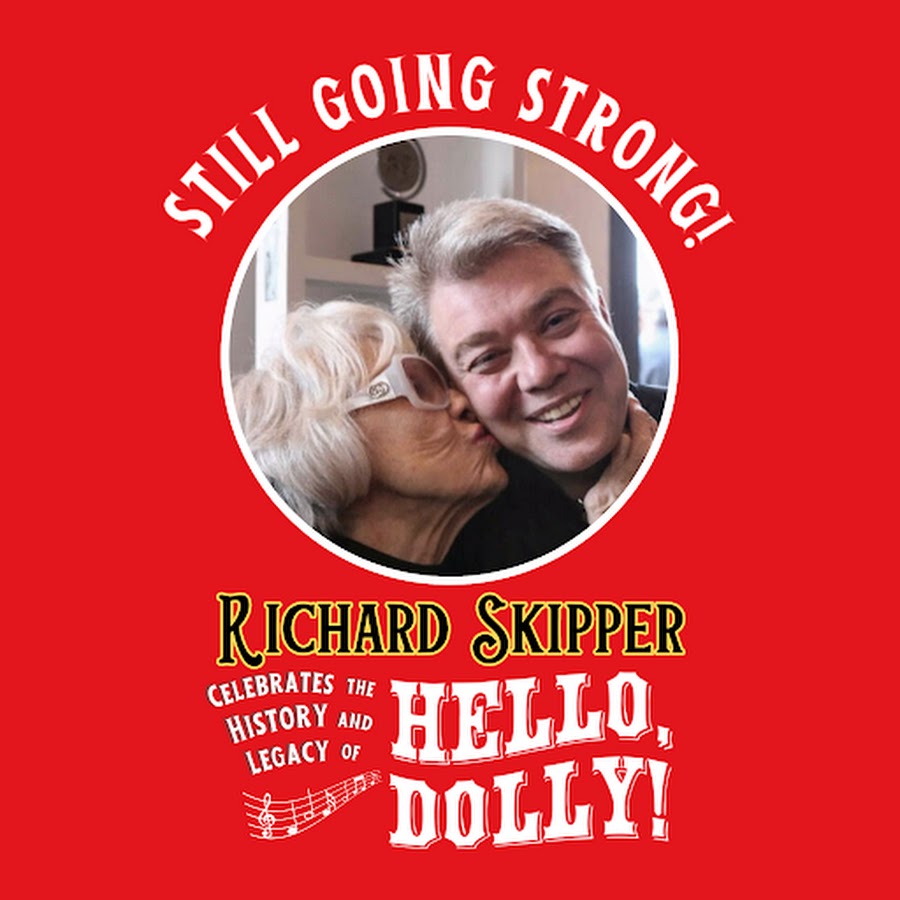
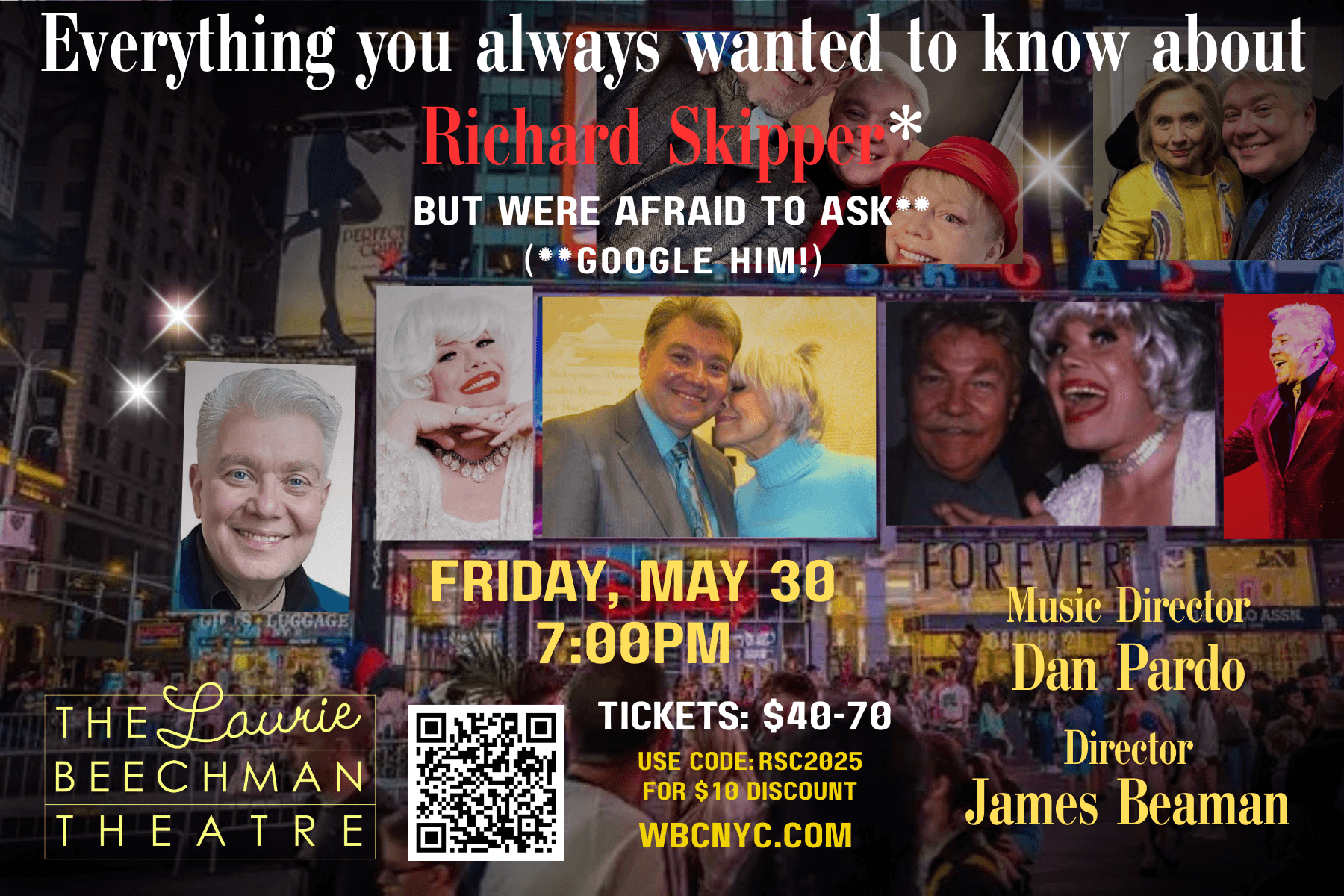
Is there a particular goal or mission driving your creative journey?
Absolutely. At the heart of everything I do is this mission:
To celebrate connection, honor legacy, and create space for truth — all through the power of live entertainment.
My creative journey has always been about more than entertainment. It’s about remembrance — lifting up the voices and stories of those who came before us — and presence — engaging fully with the people in front of me in each moment.
I believe storytelling is a sacred act. Whether I’m hosting a show, writing a blog post, or stepping onstage, I aim to invite people into something honest, joyful, and real. My work isn’t about perfection — it’s about engagement. It’s about reminding people that they’re part of the story too.
And especially now — after stepping away from Meta to focus on more intentional connections — my mission feels clearer than ever:
To use my voice and platform to create experiences that uplift, include, and leave people feeling seen.
I want audiences to walk away not just entertained, but changed. Even if just a little. Because that’s what art does at its best: it nudges us closer to each other and closer to ourselves.
If I can be part of that — even for one night — then the journey is worth it.
Contact Info:
- Website: http://www.RichardSkipper.com
- Linkedin: https://www.linkedin.com/in/richard-skipper
- Youtube: RichardSkipperCelebrates.com
- Other: I have a newsletter that goes out every Monday and I write a daily blog
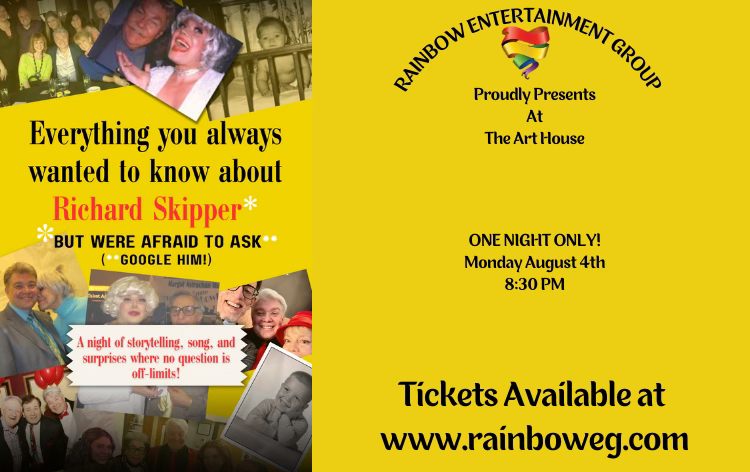
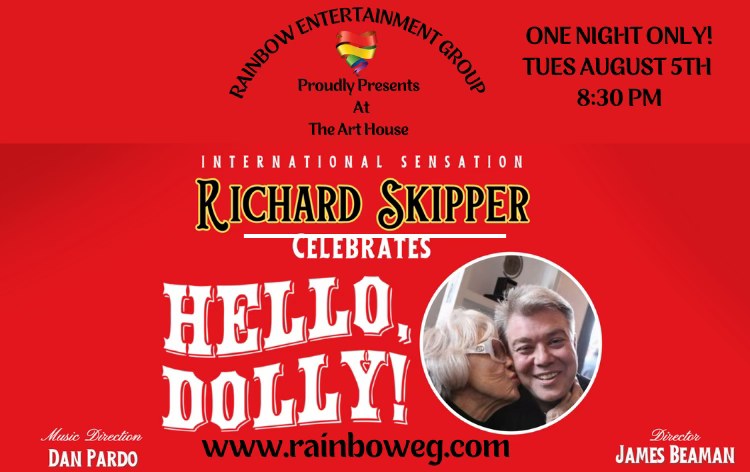
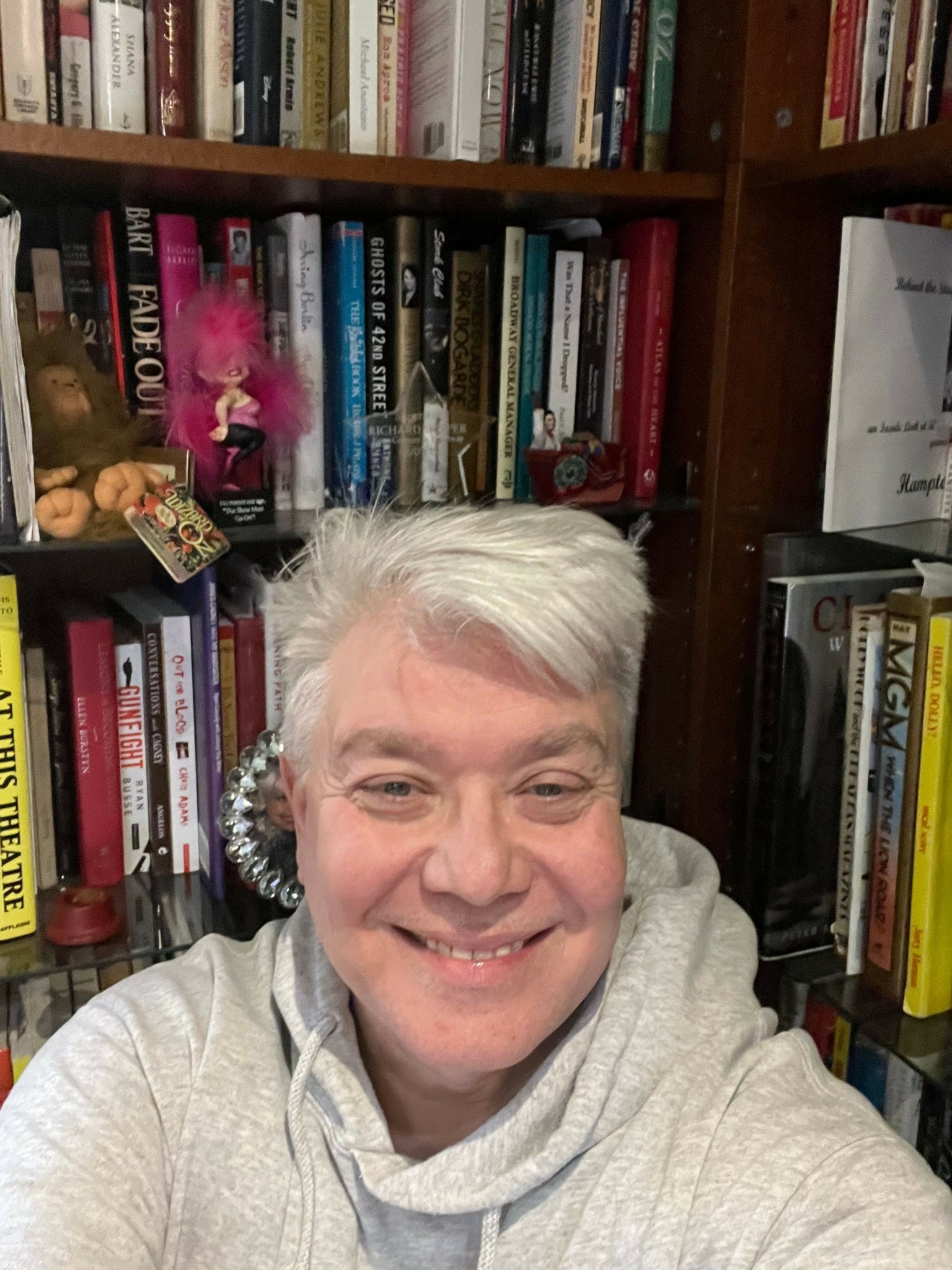
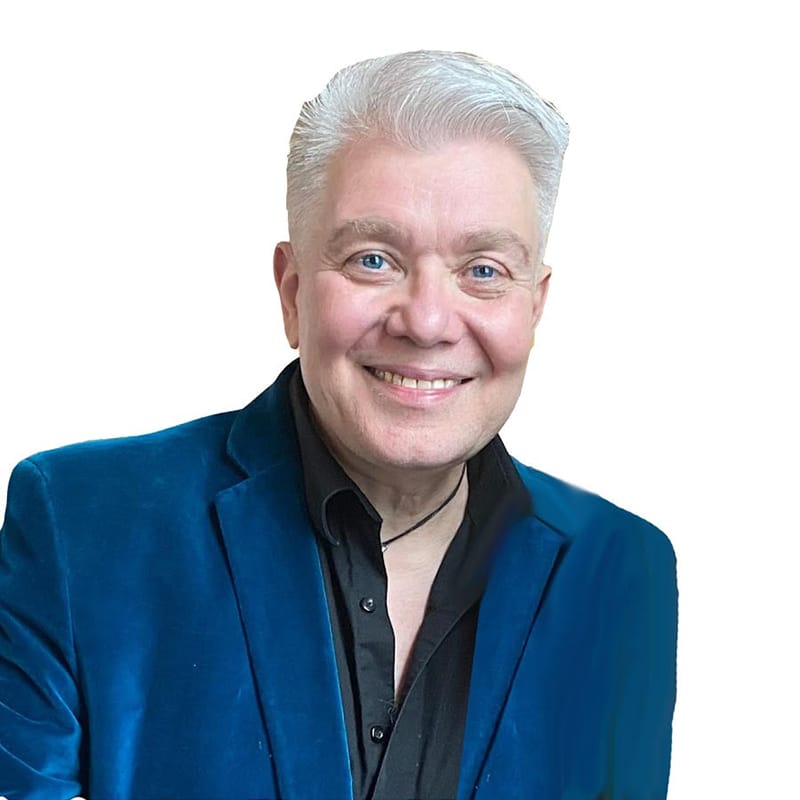
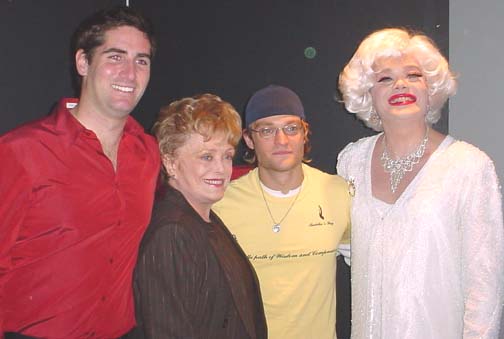
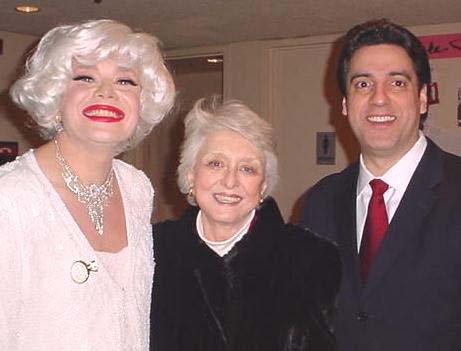
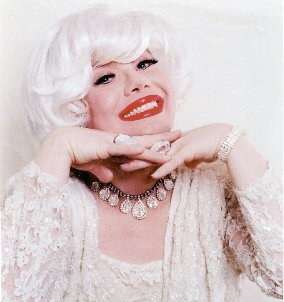
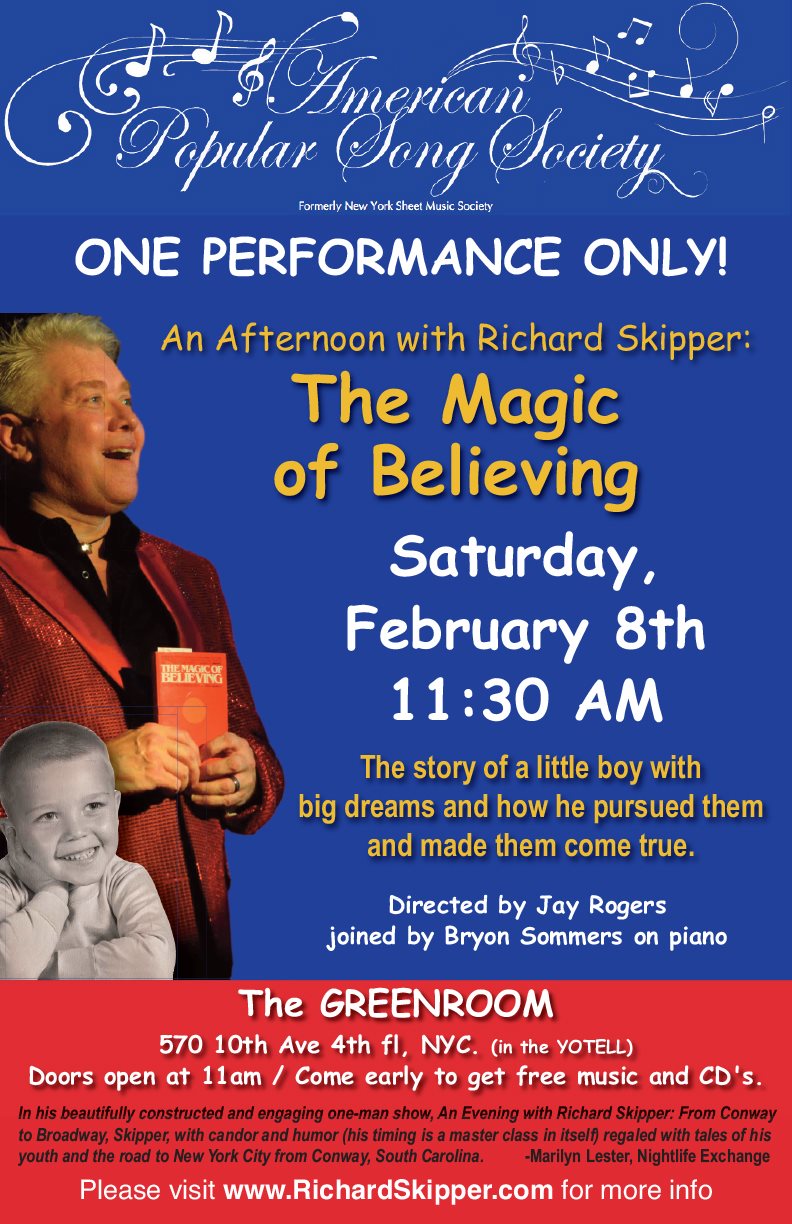
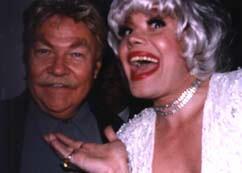
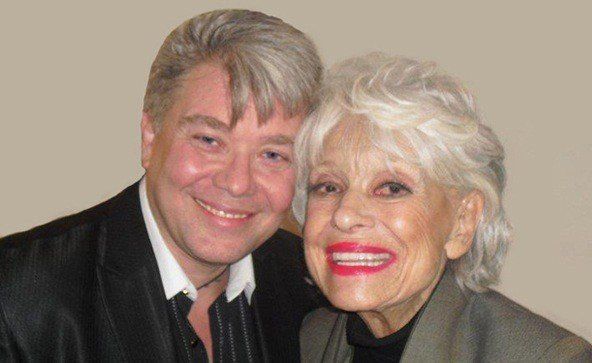
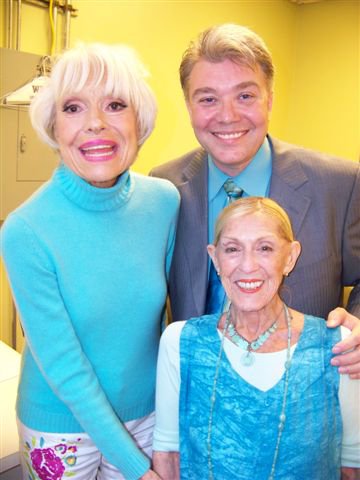
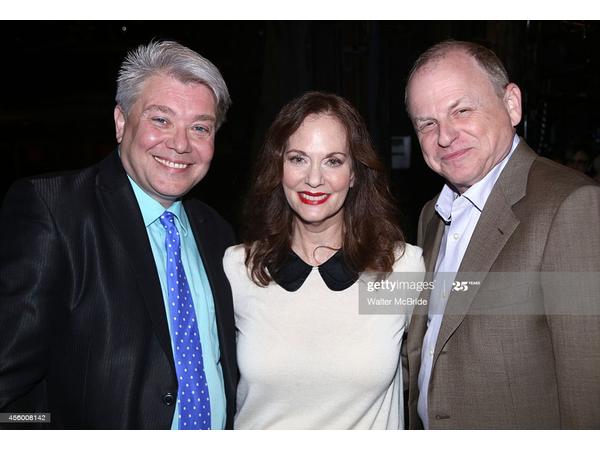
Image Credits
From the Richard Skipper Collection


